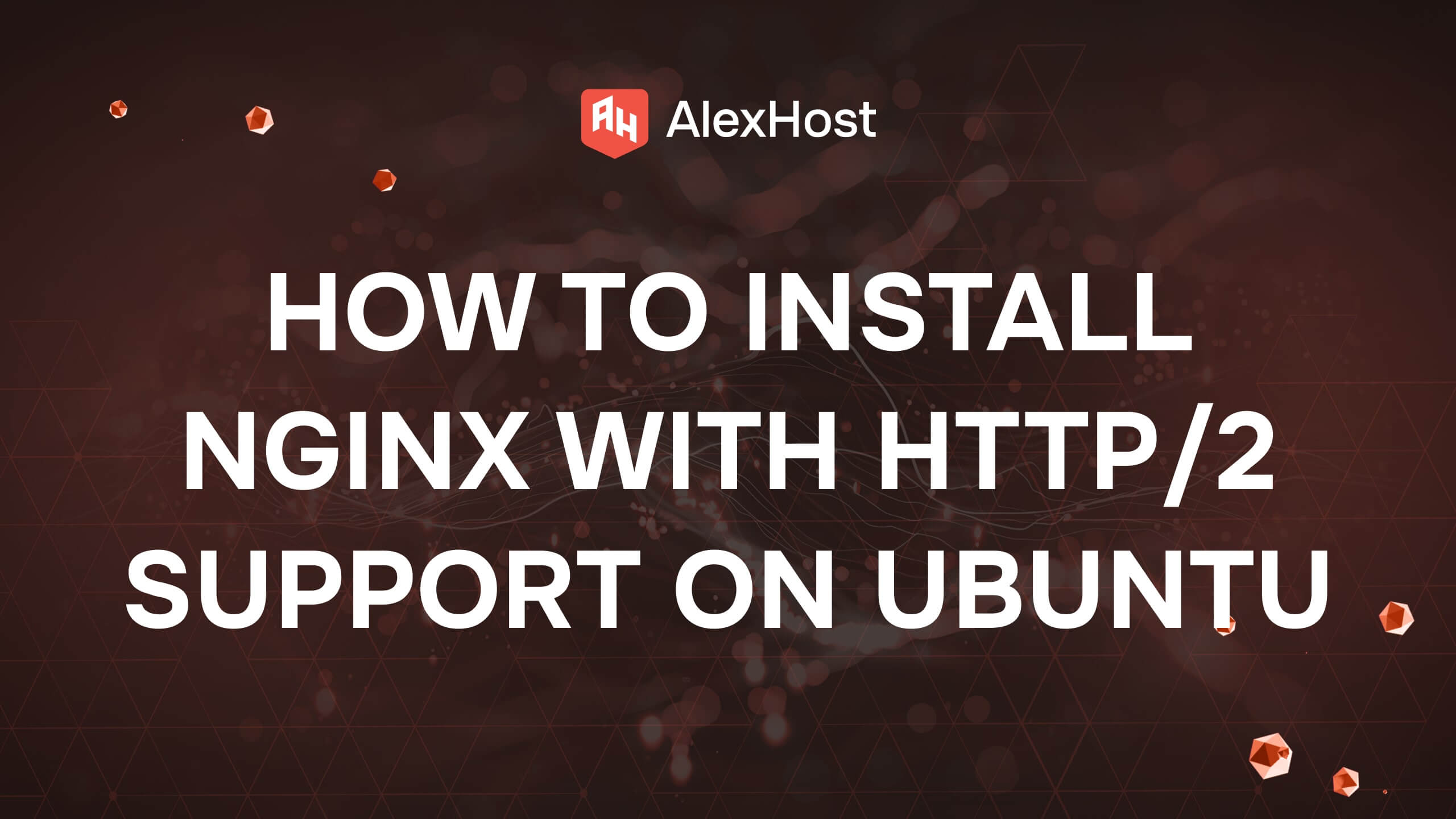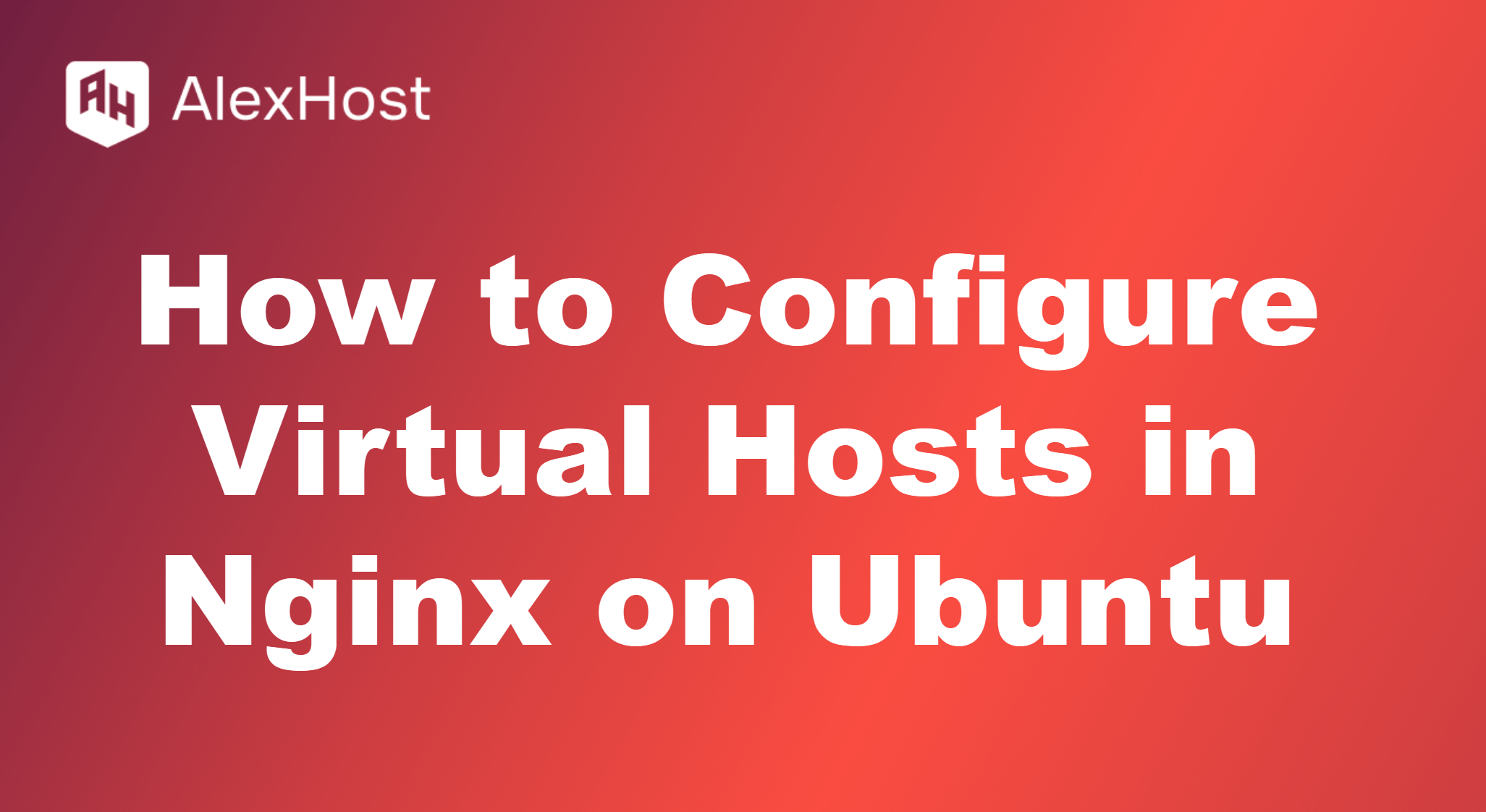View Linux Users on Your AlexHost VPS: Quick and Easy Methods Why check Linux users on AlexHost? Managing users on your AlexHost Linux VPS is vital for security, administration, and troubleshooting. Knowing registered users helps control access, audit activity, and secure apps like WordPress or Laravel. This guide covers simple commands to view user info, […]
The LEMP stack—which stands for Linux, , MySQL , and PHP—is a widely popular web server stack used to power dynamic websites and applications. By combining the stability of Linux, the performance of Nginx, the robust data management of MySQL, and the versatility of PHP, LEMP provides a powerful, high-performance environment ideal for hosting modern […]
Mattermost is an open-source messaging platform designed for team collaboration and communication. It provides a secure and self-hosted alternative to tools like Slack. This guide will walk you through the installation process of Mattermost on an Ubuntu server. 1. Prerequisites Before you begin, ensure that you have the following: A server running Ubuntu 18.04 or […]
VMware Fusion is a powerful virtualization software that allows Mac users to run Windows and other operating systems on their Mac machines without rebooting. It provides a seamless experience, enabling users to use Windows applications alongside macOS applications. This article will guide you through the process of installing and configuring a virtual machine using VMware […]
Nginx is a powerful web server known for its performance and efficiency. Enabling HTTP/2 support can enhance website performance by allowing multiplexing of requests, reducing latency, and improving loading times. This guide will walk you through the steps to install Nginx with HTTP/2 support on Ubuntu 18.04/20.04. 1. Prerequisites Before starting, ensure you have the […]
phpMyAdmin is a popular web-based application that provides an interface for managing MySQL databases. It allows users to perform various database operations through a user-friendly interface. This guide will walk you through the steps to install and secure phpMyAdmin on Ubuntu 18.04/20.04. 1. Prerequisites Before you begin, ensure you have the following: A server running […]
When selecting a hosting solution for your Linux-based projects, having flexibility in managing and customizing your server environment is essential. AlexHost’s Linux VPS hosting provides a powerful platform that supports Ubuntu, allowing users to choose and configure their preferred graphical user interfaces (GUIs) for enhanced productivity. With full root access and high-performance servers, AlexHost ensures […]
Grafana is an open-source tool for visualizing and monitoring system metrics, providing powerful dashboards for data collected from various sources. This guide will show you how to install Grafana on Ubuntu, configure it, and set up your first dashboard to visualize data from sources like Prometheus, InfluxDB, or Elasticsearch. 1. Update System Packages Before installing […]
Ubuntu is a versatile Linux distribution that allows users to install and configure a wide range of components and software to suit their needs. Here’s a guide to installing essential components and configuring Ubuntu to optimize performance and usability. 1. Updating Ubuntu Before installing new components, ensure your system is up-to-date: sudo apt update && […]
Configuring virtual hosts in Nginx allows you to host multiple websites on a single server, with each website having its own domain name. Nginx virtual hosts are configured using “server blocks” that define settings for each website. This guide will walk you through setting up virtual hosts on an Ubuntu server with Nginx. 1. Prerequisites […]

















